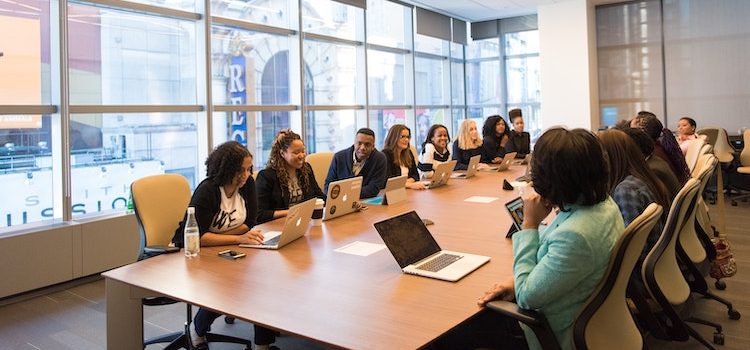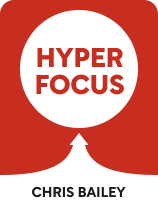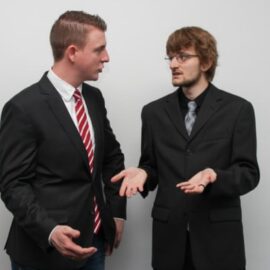

This article is an excerpt from the Shortform book guide to "Hyperfocus" by Chris Bailey. Shortform has the world's best summaries and analyses of books you should be reading.
Like this article? Sign up for a free trial here .
Do you attend too many meetings? How can you keep meetings from being a drain on productivity?
Whether you’re leading meetings or attending them, you can keep them from becoming distractions. Productivity expert Chris Bailey discusses meetings in the context of productivity, offering two key strategies that are simple to implement.
Keep reading for insights on dealing with unnecessary meetings.
Dealing With Unnecessary Meetings
Bailey suggests a couple of ways to increase meeting productivity by reducing how distracting meetings can be.
Strategy #1: Attend Fewer Meetings
How can you identify unnecessary meetings? Bailey offers these strategies:
First, only attend meetings with agendas. If there isn’t one, ask the organizer to provide one for you. Bailey states that most of the time, this question will make the organizer realize that they can replace the meeting with a phone call. (Shortform note: This strategy may not be as effective depending on the culture you’re working in. In The Culture Map, author Erin Meyer divides cultures into two types: monochronic cultures, which hold meetings with agendas, and polychronic cultures, which rarely have meetings with agendas.)
Secondly, reevaluate your recurring meetings. Look at the meetings that recur on your schedule. Do you really need to be there?
Do a cost-benefit analysis to determine whether the meeting is an effective use of your time. But just as with your tasks, make sure that you are evaluating the domino benefits of meetings as well. Some update meetings might initially feel like a waste of time. But if they begin a chain reaction that ends with better relationships and greater team cohesion, they may be worth attending.
(Shortform note: One way to evaluate whether a meeting is essential is to see where it falls in the types of meetings recommended by Death By Meeting. It divides meetings into four essential types: the check-in, the tactical, the strategic, and the review.)
Strategy #2: Limit Attendance
Sometimes meetings are unnecessary for you, and sometimes they’re unnecessary for others. If you’re leading the meeting, Bailey suggests inviting only the essential players. Alternatively, invite the non-essential players, but let them opt out if they have more important tasks. (Shortform note: You could adapt Bailey’s strategies to your own benefit even if you’re not leading the meeting. For example, your boss might balk if you want to skip all your recurring meetings. But she might be more open if you ask to skip half of them.)

———End of Preview———
Like what you just read? Read the rest of the world's best book summary and analysis of Chris Bailey's "Hyperfocus" at Shortform .
Here's what you'll find in our full Hyperfocus summary :
- Why it's just as important to learn how to manage your attention, along with your time
- Why you still feel tired no matter how many breaks you take
- Strategies for managing your attention for better productivity and creativity






